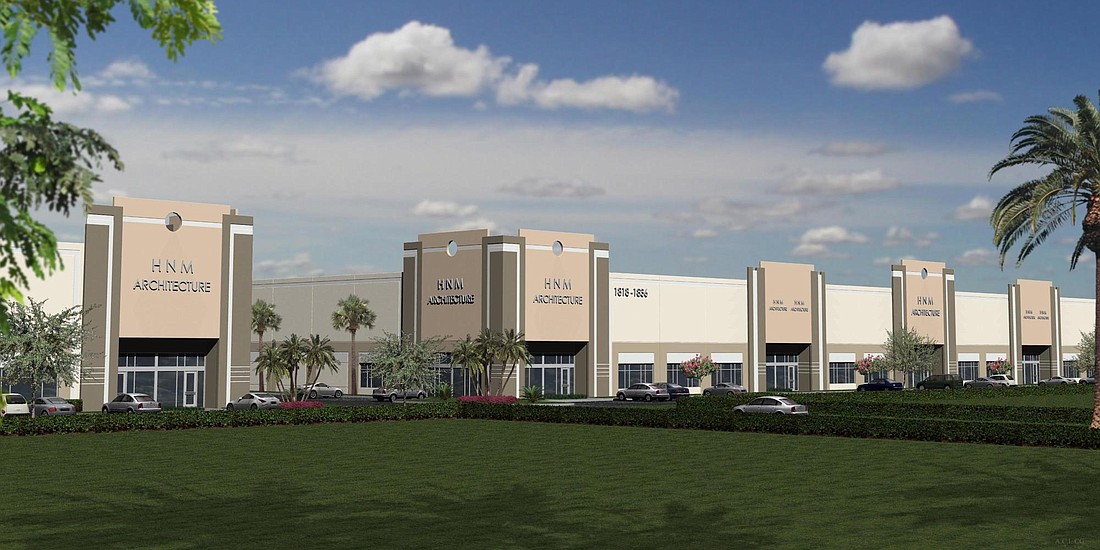- December 15, 2025
-
-
Loading

Loading

Although it is often associated more with the Interstate 4 Corridor, between Tampa and Orlando, e-commerce-fueled logistics have also taken hold in Southwest Florida.
There, Amazon, Wayfair and others are snatching up prime industrial properties and sites for so-called “last mile” distribution to a growing consumer base — and more are expected in 2020.